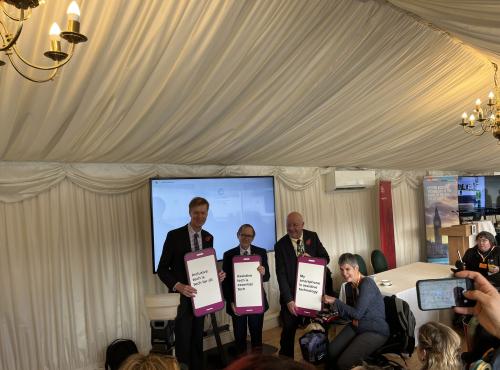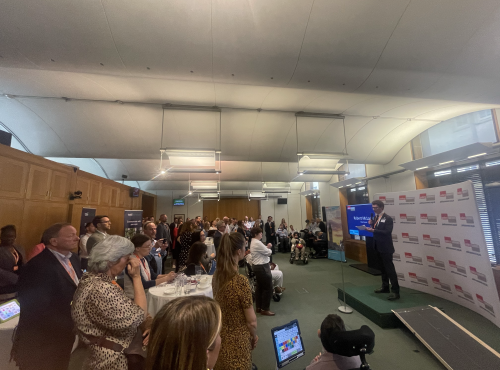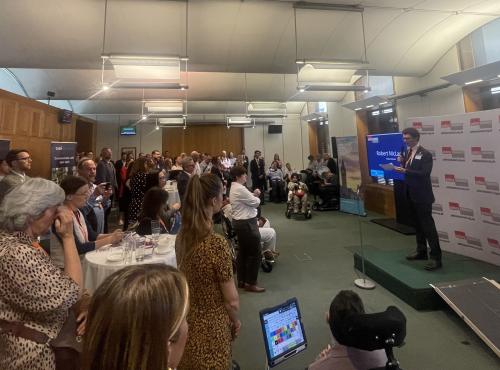The Smart Homes and Independent Living Commission holds second evidence session
The Smart Homes and Independent Living Commission has today brought together experts from across the social care and technology sectors for a roundtable discussion on how care services can help disabled and older people to make the most of technology to more control over their lives.
The meeting is the second of three roundtables the Commission is holding to generate recommendations to government on how the latest technologies for the home can be used to help disabled and older people lead healthy, independent and socially rewarding domestic lives.
Smart home technologies provide a vast array of features and services, allowing us to control our environment and access entertainment and connect with friends and the workplace. While everyone must have a degree of digital confidence and competence to take advantage of these opportunities, disabled and older people are at particular risk of being excluded. The social care sector is well placed to help disabled and older people and their families and friends overcome barriers by helping users select, set up, maintain and use life-changing technology.
Today's meeting explored social care service delivery and workforce development issues.
The meeting heard two presentations. Janet Seward from the DLF (Disabled Living Foundation) reflected on the need from better training and support for social care professionals and disabled and older people alike, while Leonard Cheshire Disability's Julie Eshleman explained how care organisations can improve their capacity to support the people they serve to use benefit from technology.
The Commission is chaired by Councillor Sir Paul Carter CBE, the former leader of Kent County Council. Our steering group includes Liz Twist MP, leading academics in technology and social care, industry experts and people with lived experience.



